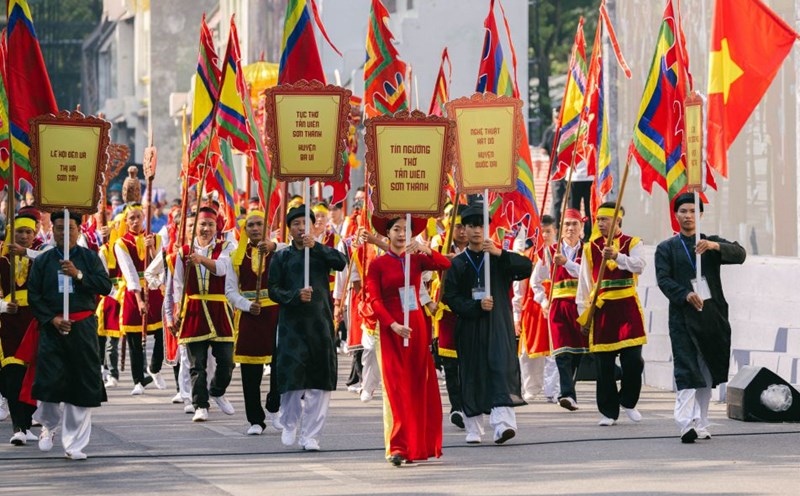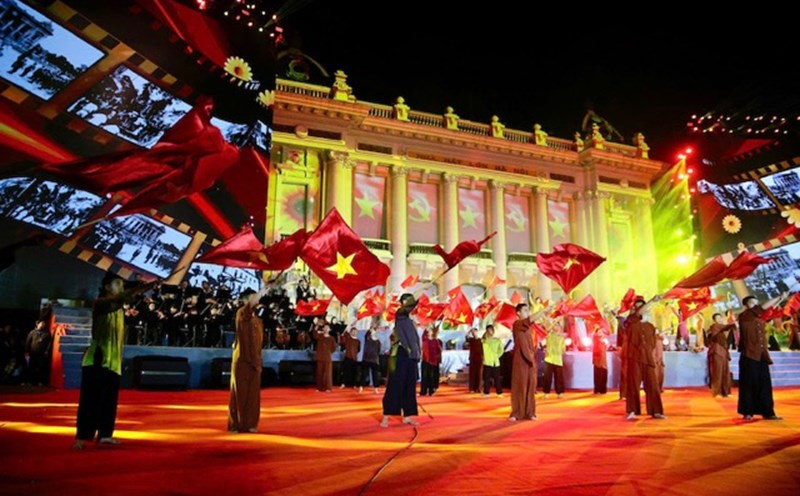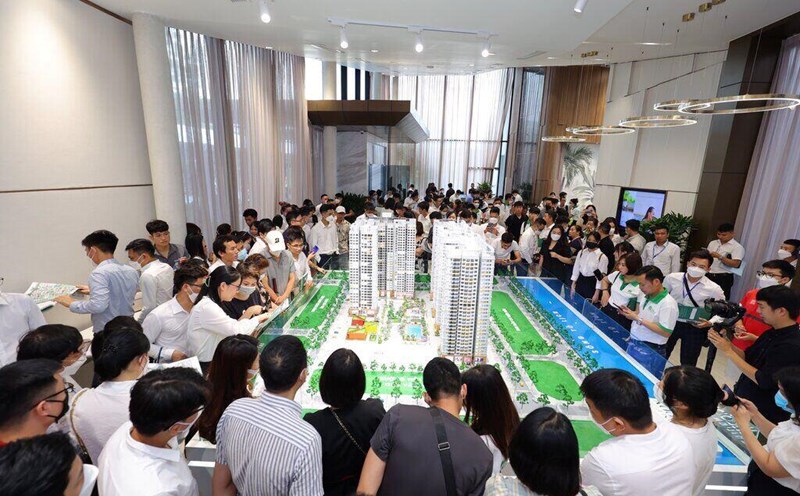The year 2025 marks the 95th anniversary of the founding of the Communist Party of Vietnam (February 3, 1930 - February 3, 2025), a proud historical milestone for the nation. Throughout the journey of nearly a century, the Party has not only been the leading flag in the struggles for independence and national unification, but has also always placed culture at the center of the cause of national construction and development.
Culture, according to the Party's viewpoint, is not only the spiritual foundation of society but also the driving force and goal of development. Especially in the era of strong integration and development, Vietnamese culture with its strong national identity has become a core factor helping the country to rise up in the international arena.
The Party's consistent direction on cultural development
Right from the early days of its establishment, the Party was clearly aware of the role of culture in the revolutionary cause. In 1943, the Outline of Vietnamese Culture drafted by General Secretary Truong Chinh laid the foundation for revolutionary cultural thinking with three principles: nationalization, popularization, and scientificization. This is the guideline for all cultural activities, affirming that culture is not only a spiritual product but also a sharp weapon in the struggle for national liberation and nation building.
In Party Congresses, culture has always been identified as one of the key areas. In particular, at the 5th Central Conference of the 8th tenure in 1998, the Party issued a Resolution on building and developing an advanced Vietnamese culture imbued with national identity. This Resolution emphasized that culture is not only the spiritual foundation of society but also the driving force for economic and social development. At the 13th Congress (2021), the Party continued to affirm the important role of culture in the country's development strategy until 2045, with the goal of building a culture that is "integrated but not dissolved", maintaining traditional values in the context of globalization.
The role of culture in the age of growth
In the context of a rapidly changing world, Vietnam is entering a new era with the aspiration to become a developed and powerful country by 2045. To achieve this goal, culture plays the role of a "red thread" throughout, connecting tradition and modernity, creating soft power for the country.
Firstly, culture is the bridge between the past and the future. Traditional cultural values, such as solidarity, patriotism, diligence, and creativity, are the foundation for building a modern society that still maintains national identity. In the era of integration, when foreign cultures are flooding in, preserving and promoting traditional cultural values is not only a task but also a responsibility of every Vietnamese citizen.
Second, culture is a driving force for economic development. In a knowledge-based and creative economy, cultural industries such as cinema, music, fashion and cultural tourism are becoming sectors that bring high economic value. Cultural products bearing the Vietnamese mark not only help promote the country's image but also contribute to enhancing the country's position in the international arena.
Third, culture is soft power in diplomacy. In international relations, culture is not only a tool to introduce the country but also a means to build trust, promote cooperation and mutual understanding. Events such as the Hue Festival, the Ao Dai Festival or Vietnam Day programs abroad with many traditional art performances have contributed to bringing the image of Vietnam to the world, building a national brand based on a cultural foundation.
Over the past 95 years, the Communist Party of Vietnam has always considered culture as one of the important pillars of national development. In the new era, the era of national development, culture is not only a spiritual foundation but also a soft power, a driving force for Vietnam to rise strongly in the international arena. With the correct guidance of the Party, the cooperation of the whole society and the awareness of preserving and promoting national identity, Vietnamese culture will certainly continue to shine, contributing to building a strong and prosperous Vietnam.











